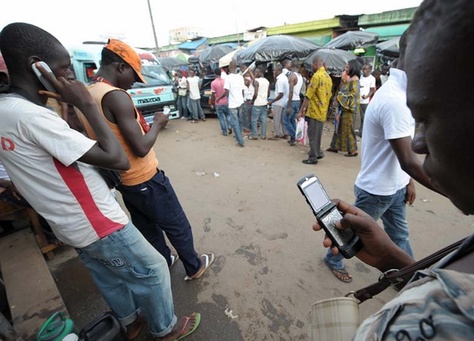By Kester Omu
The GSMA has urged government in Africa, especially in the North countries of Algeria, Egypt, Morocco and Tunisia to develop their mobile tax reforms, saying that would improve access to mobile connectivity.
In its latest report ‘Delivering Mobile Connectivity in the Middle East and North Africa (MENA)’, the GSMA provides an overview of key general taxes, such as VAT, corporation tax and import duties, as well as additional sector-specific taxes and regulatory fees applied to mobile operators in the MENA region. The report also estimates the potential impacts of tax reform to illustrate how it may improve affordability and investment.
“In the Middle East and North Africa, mobile connectivity is a critical enabler of economic growth and social development, amounting to 1.4 per cent of the region’s GDP. However, in the seven markets analysed, taxation behaviours, ranging from high revenue fees to special taxes on mobile communication services or handsets, negatively affect affordability for consumers and industry investments. In the current economic climate, governments should be inclined to foster, not hinder, economic growth,” said John Giusti, Chief Regulatory Officer, GSMA.
The GSMA added that reducing excessive mobile sector-specific taxation would bring economic benefit to consumers, businesses and governments, stressing that excessive taxation ignores the positive socio-economic contributions of the mobile sector.
“Special taxes on mobile communication services or on handsets for example, can be the biggest barriers standing in the way of people using mobile services, particularly for the poorest sectors of the population. Similarly, higher corporate and revenue taxes on mobile operators increase costs and negatively impact investment in advanced networks and services,” it asserted.



